Every composting plant operator knows that it is not only perfectly separated organic waste that ends up in the composting plant. In addition, various waste streams need effective unpacking: organic waste generated from a multitude of sources such as street collection, markets and large retailers, as well as from stations, ports and airports, which is contained in plastic, metal or cardboard packaging. Or even defective or expired products such as cosmetics and detergents. Tiger Depack offers a solution to this problem. It is designed to recover packaged products, production waste, and organic matrices. It is designed to process both segregated organic waste and expired packaged foods, or simply to clean up recyclables before they are removed.
Patrick Geraty, founder of the U.S. company St. Louis Composting, talks about the challenges faced by composters and how his company manages to minimize contamination with the help of special equipment.
Could you give us an overview of your company and composting facilities?
Founded in 1992 by eco-enthusiast Patrick Geraty, St. Louis Composting is the largest compost producer in the region. Together, our nine composting facilities process more than 1 million cubic yards of green material per year, more than half of all garden waste generated in St. Louis County. In addition to composting garden waste collected by major waste operators in the area, we receive and compost material collected from private homeowners. We transport and process over 300 tons of organic food waste each week, keeping our landfills free of this organic waste.
Where are the facilities located?
Our nine plants are located throughout the St. Louis metropolitan area. Our unpacking plant is located in downtown St. Louis.
What kind of organic waste do you process in your plants?
We process a wide range of organic waste in our facilities, from food waste to garden waste. Our unpacking plant handles a variety of items such as canned foods, Tetra Pak cartons, carton-packed foods, plastic-packed foods, animal feed, contaminated food waste, packaged snacks, and dairy products. After unpacking, these materials are combined with inputs such as garden waste, branches, leaves, grass, and even shredded bills, all of which are turned into high-quality compost.
Do you notice an increase in demand for composting? If yes, what do you think are the reasons?
Yes, we have seen a significant increase in demand for composting, attributable to growing environmental awareness and the push toward sustainability. As people, businesses and municipalities strive to divert organic waste from landfills, reduce emissions and embrace green initiatives, composting has become a crucial component of zero-waste programs.
Is contamination a problem in your facilities?
Contamination can be a challenge, especially with mixed waste streams, but we take a proactive approach to minimize it. Our unpacking equipment is designed to efficiently separate non-organic materials from compostable inputs, and our eco-sift machines further refine compost to ensure quality. We emphasize quality control and ongoing education to prevent contamination from becoming a problem, thus ensuring the consistent production of high-quality compost.
What motivated you to choose Tiger Depack?
After looking at other options, we felt confident in choosing Tiger Depack because of our established relationship with Ecoverse, the importer of Tiger Depack in the United States. Their reputation for quality products assured us that this technology would meet our needs.
How many Tiger Depacks do you have in operation and for how long?Quanti Tiger Depack avete in funzione e da quanto tempo?
We have a Tiger Depack that we have been using since 2020.
Can you describe the new machines and their main features?
We have been using Tiger Food Depackager together with Doppstadt DSP 205 Bio Press and since 2020 Doppstadt Conveyor. These machines are efficient in separating packaging from organics.
How do the new machines differ from those previously used?
The new machinery has opened us up to completely new opportunities, allowing us to start unpacking organics, a process we did not do before. This capability has significantly expanded the volume of organics we can process, allowing us to divert even more materials from landfills. By separating packaging from organics, we have been able to partner with large companies to help them achieve their zero-waste goals, marking a significant step forward in our sustainability efforts.
What training was required for staff to operate the new machines?
Ecoverse provided on-site training for our operators, ensuring a smooth transition to the new equipment.
What advice would you give to other composting plants considering similar investments?
It is essential to understand that unforeseen challenges will arise, so thorough research is essential. Visiting other plants that perform organics unpacking and seeing the process firsthand can be incredibly helpful in making informed decisions.

